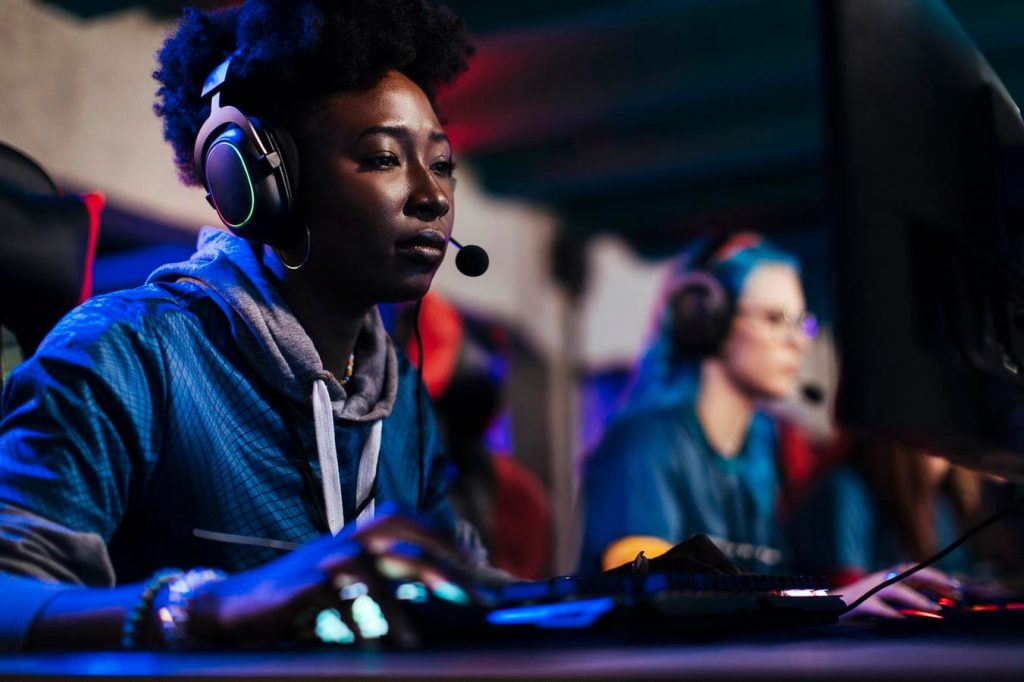Gary Denham, the Founder and CEO of Wamba Technologies, is developing a patented Esports platform called Gamers Oasis, which includes in-game wagering. The popularity of online esports is rapidly increasing, raising questions about the legality of such activities. Online esports involve virtual competitions in video games, which has raised concerns about potential gambling-related activities due to players paying an entry fee into a competition and winning money online.
In the United States, esports are not considered gambling due to a legal framework that distinguishes skill-based competitions from games of chance. However, many consumers are under the mistaken impression that esports is a form of gambling. This confusion is causing companies to miss out on potential revenue opportunities in this rapidly growing industry.
According to Statista, revenue in the Online Gambling market in the U.K. is projected to reach US$13.78 billion in 2024. Assuming that players in the esports industry are worth similar values, revenue from the more than 3 billion gamers worldwide could exceed $100 billion in annual revenue. However, this potential revenue is not being realized due to the confusion surrounding the classification of esports as gambling.
The difference between esports and traditional gambling lies in the element of chance. In esports, players compete against each other under known, predetermined conditions, relying solely on skill, strategy, and expertise to win. This sets esports apart from games of chance such as poker, where chance plays a significant role in determining the outcome of the game.
There are three main reasons why people are confused about the legality of esports as gambling. Some people do not understand the definition of esports, others are still influenced by the early days of online poker, and some states classify online esports as gambling despite allowing them in person. Companies in the esports industry need to address these misconceptions by working with lobbyists to clarify legal and public understanding, allowing the industry to flourish without being hindered by confusion and misinformation.
The Forbes Business Council is a leading organization for business owners and leaders, offering growth opportunities and networking. Gary Denham and other industry leaders must work together to address misconceptions about esports and make sure the industry can operate in a clear and defined manner, allowing for successful growth and development in the future.













